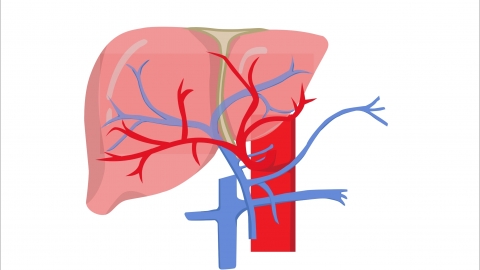Are liver hemangiomas hereditary?
Generally, hepatic hemangioma is not a hereditary disease and usually does not run in families. The detailed explanation is as follows:

The development of hepatic hemangiomas is mostly related to acquired factors rather than being caused by the inheritance of specific disease-causing genes. Current research suggests that hepatic hemangiomas are benign lesions primarily formed by abnormal proliferation of vascular endothelial cells during embryonic development, and may also be associated with acquired factors such as hormonal changes or localized abnormalities in liver blood vessels. Most patients do not have a family history of similar conditions, no clear genetic pattern has been identified, and the risk among relatives is not significantly different from that of the general population.
In daily life, regular ultrasound examinations are recommended to monitor the size and morphology of the hemangioma—once a year is generally sufficient. Avoid alcohol consumption and staying up late to reduce the metabolic burden on the liver and prevent stimulating hemangioma growth. Avoid taking medications that may affect hormone levels, and always consult a doctor before starting any new medication. Prevent abdominal trauma to reduce the risk of hemangioma rupture. Seek prompt medical evaluation if the hemangioma suddenly increases in size or if symptoms such as abdominal pain or bloating occur. Individuals with family members diagnosed with hepatic hemangioma need not worry excessively about genetic risks—regular health check-ups are adequate.







